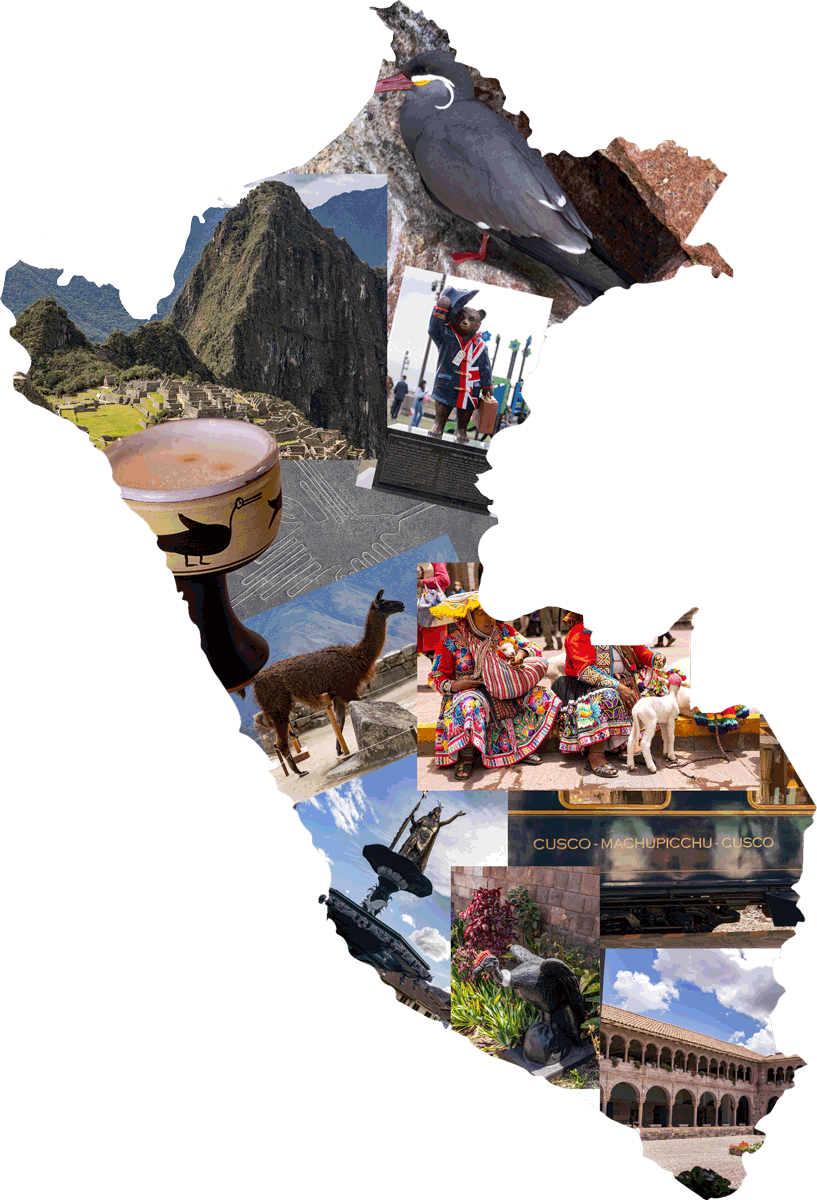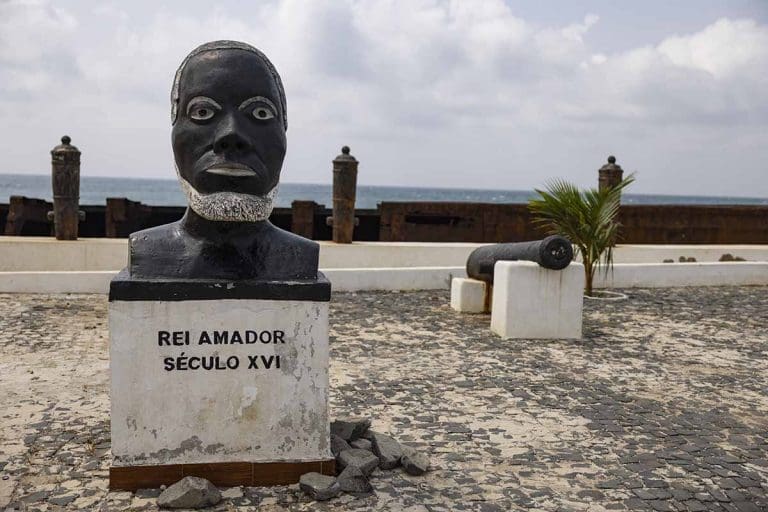Africa

Africa
Travel in Africa offers so much to tourists interested in culture, history and especially wildlife.
Travel in Africa – Birthplace of Humanity
Africa is an ancient continent and important to the evolution of humanity. Archaeologists unearthed “Ardi”, the oldest known humanoid, in Ethiopia, and dated him to 4.4 million years ago. The more famous “Lucy”, a mere stripling at 3.2 million years old, was also found in the country. The first evidence of homo sapiens (230,000 years old), gives Ethiopia the hat trick and firmly establishes Africa as, “The Cradle of Humanity”.
Travel in Africa – The Great Civilisations of Africa
Africa has also given the world some of its great civilisations. Egypt was a complex and advanced society 3,500 years before Christ. The ancient Egyptians built some of the world’s most iconic landmarks, including the Sphynx and The Great Pyramid of Giza. The latter, the only remaining member of the Seven Wonders of the Ancient World, attracts 15 million tourists annually.
Moving southward, we find Great Zimbabwe, a medieval city in present-day Zimbabwe. The massive stone ruins of this city, made without mortar, stand as a symbol of African ingenuity and wealth during the period from the 11th to 15th centuries. Once, it was the center of a powerful empire that traded valuable goods, like gold and ivory, with far-off lands such as Arabia and China.
West Africa has a rich historical significance, especially when powerful empires like Ghana, Mali, and Songhai emerged. The city of Timbuktu, in present-day Mali, became a hub for Islamic scholarship and trade during the height of the Mali Empire in the 14th century.
Colonialism, a darker chapter in Africa’s history, reshaped the continent from the 15th century onwards. European powers carved up African territories, exploiting resources and indigenous people.
Independence movements in the 20th century allowed the continent to break free from colonial control. Today, African nations continue to evolve, with a growing emphasis on regional cooperation, economic development, and the preservation of cultural heritage.
Travel in Africa – The Melting Pot of African Cultures
With over 3,000 distinct ethnic groups and over 2,000 languages spoken, Africa is a cultural mosaic unlike any other. Africa’s cultural richness stems from its long history of migrations, trade, and external influences, creating a unique blend of traditions and practices.
The Zulu people of South Africa, with their striking beadwork and warrior traditions, are among the most well-known ethnic groups. During celebrations and ceremonies, they perform a traditional dance that is full of energy and rhythm. In East Africa, the Maasai people continue to practice age-old traditions. Their semi-nomadic lifestyle, revolving around cattle herding, has remained unchanged for centuries.
West Africa is renowned for its dynamic music scene, deeply rooted in traditional rhythms and instruments. The drum, particularly the djembe, plays a crucial role in many West African musical traditions.
Religion plays a vital role in African societies, with Islam and Christianity being the dominant faiths across the continent. However, many Africans also practice traditional beliefs, which often coexist with the major religions.
Travel in Africa – Africa’s Natural Wonders
Africa’s geography is as diverse as its culture. The Sahara desert which splits the continent is the largest hot desert on the planet. Covering an area the size of the USA, it features endless dunes, oases and otherworldly landscapes. Travelers can experience this desert through camel treks, camping under the stars, and exploring ancient trade routes.
The Serengeti dominates Sub-Saharan Africa. A vast ecosystem spanning northern Tanzania and southern Kenya, this massive grassland is home to the iconic wildlife for which Africa is famous. The Serengeti is home to the Great Migration. This annual event sees millions of wildebeest, zebra, and other herbivores traverse the plains in search of fresh pasture. One of the planet’s great wildlife spectacles, it is so large that it is visible from space.
Further south, the continent reveals more dramatic scenery. The Drakensberg Mountains in South Africa are a hiker’s paradise, offering rugged cliffs, sweeping valleys, and ancient San rock art.
South Africa also has Cape Floral Kingdom, the smallest of the world’s six floral kingdoms, with unique flora and fauna. The island of Madagascar, located off the southeastern coast of Africa, is known for its unique biodiversity, with over 90% of its wildlife found nowhere else on Earth.
Lake Victoria, Lake Tanganyika, and Lake Malawi are part of the remarkable African Great Lakes region. These vast and deep lakes are home to diverse fish species, such as vibrant cichlids, and are essential for food and transportation for millions.
Travel in Africa – Conclusion
Africa is a continent of immense diversity and beauty. Its history stretches back to the dawn of humanity, while its cultures continue to develop and thrive. Traveling in Africa allows you to discover a world where ancient and modern cultures come together. This is a continent where nature reigns supreme. Travel in Africa offers a truly transformative experience with wonder, adventure, and inspiration at every corner.





